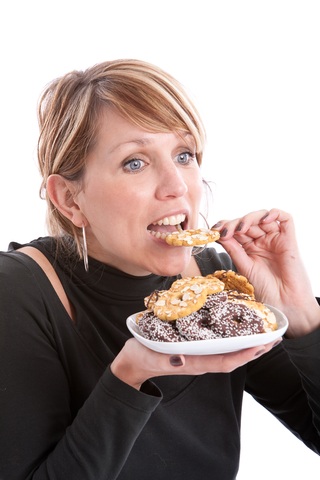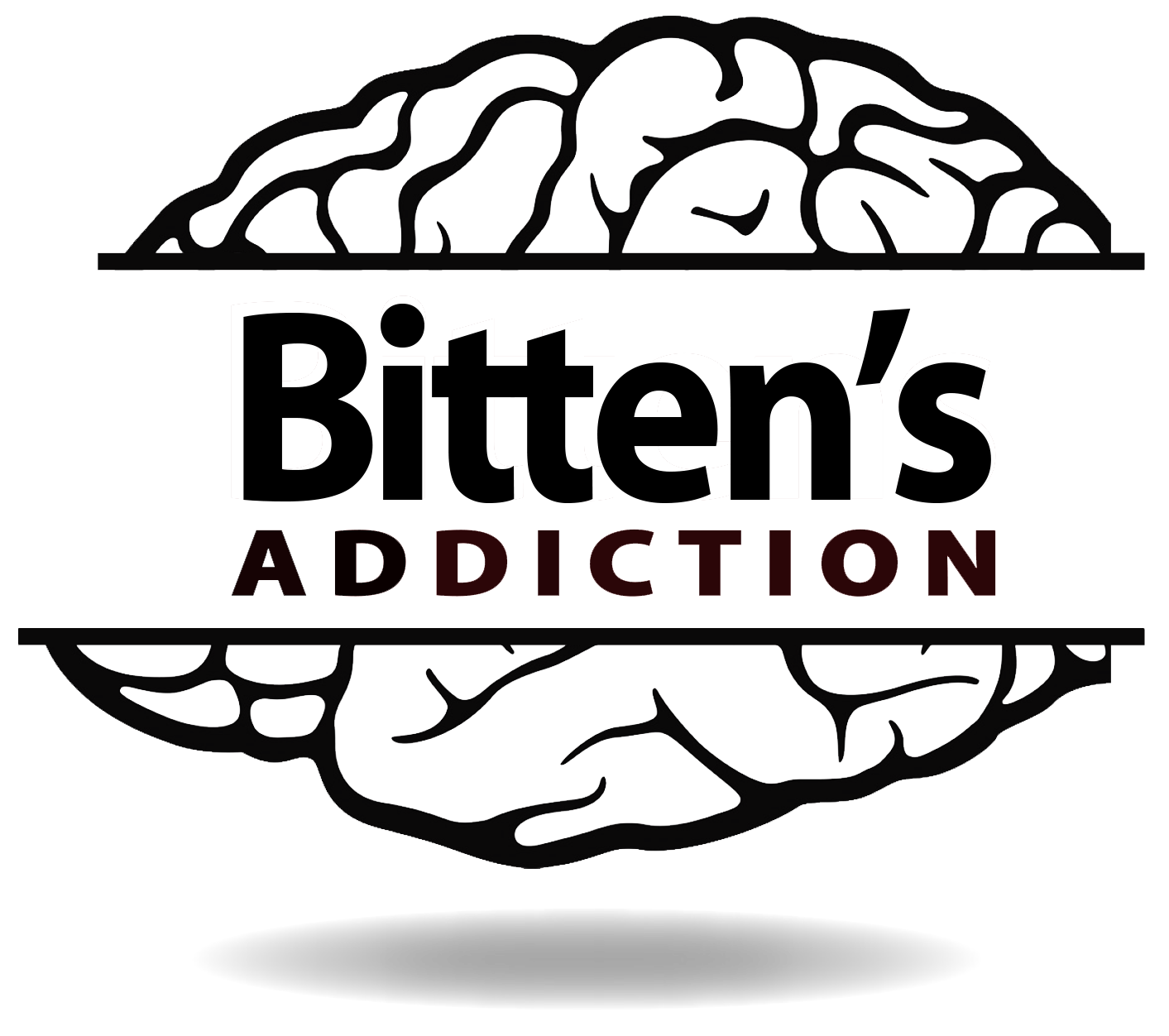The short version: if you lie, hide and sneak with sugar/flour ( or alcohol ) it’s a big risk you have a problem. Nobody lies about how much boiled (unsweetened) cod or cucumber they eat.
This is the latest definition of addiction, no matter if it is intake addiction (sugar/flour, alcohol, pills, drugs, etc.) or process addiction (games, screens, sex/relationship, working, exercise, etc.)
- a physical disease in the brain
- a physical illness, with physical, mental, social, and spiritual consequences
- a primary disease (not caused by anything else)
- a chronic disease (once it is developed, it is lifelong)
- a recurrent disease, relapse is common
- a progressive disease (worsening if not arrested)
- a fatal disease if not treated
The good new’s is that it is treatable, it can be arrested with the right treatment
In short, it is about the brain and biochemistry, not character and willpower.
It should be treated by specially trained professionals. My experience is that you need to have lots of knowledge and support in order to recover. ”Knowledge gives hope, hope gives willingness, willingness promotes motivation to change”
In order to recover you need to start changing your behavior. Here you find help to do that.
”Pleasure is short-lived; happiness is long-lived.
Pleasure is visceral; happiness is ethereal.
Pleasure is taking; happiness is giving.
Pleasure can be achieved with substances; happiness cannot be achieved with substances.
Pleasure is experienced alone; happiness is experienced in social groups.
The extremes of pleasure all lead to addiction, whether they be substances or behaviors. Yet there’s no such thing as being addicted to too much happiness.
Finally and most importantly, pleasure is tied to dopamine (the pleasure biochemical/
— Dr. Robert Lustig

 Svenska
Svenska

